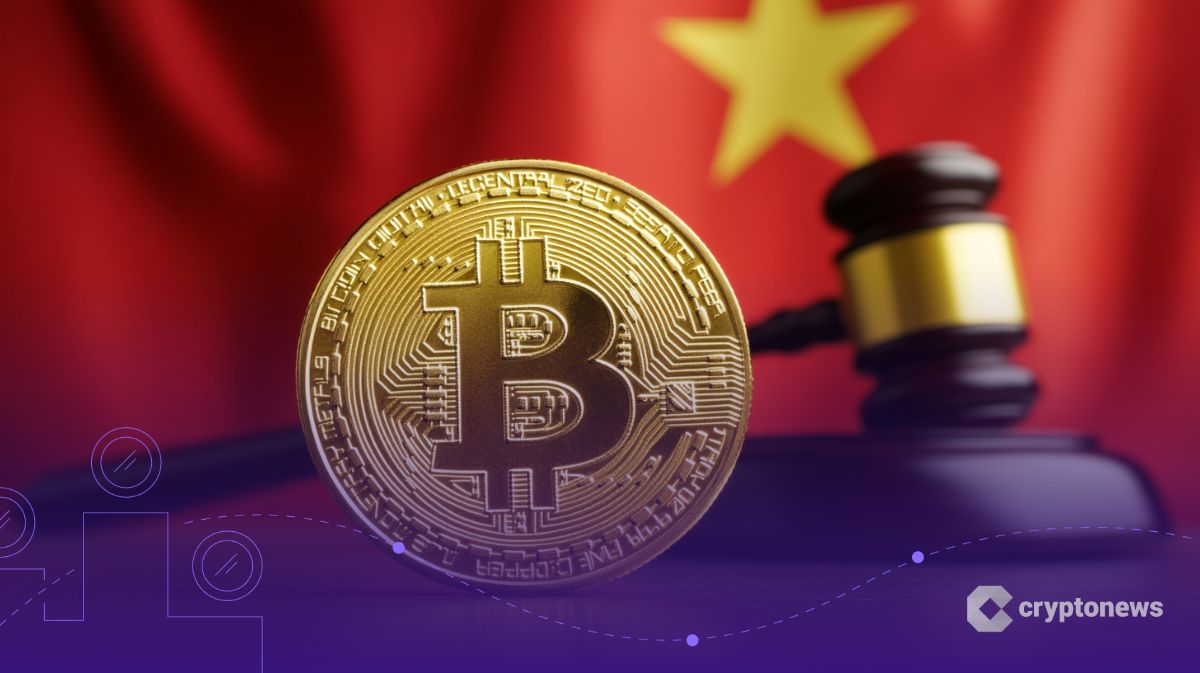
Vietnam has taken a decisive step toward regulating its booming digital economy by officially legalizing crypto assets.
On Saturday, the National Assembly passed the Law on Digital Technology Industry, a sweeping measure that defines, classifies and outlines the management of digital assets for the first time in the country’s history.
The move follows years of regulatory ambiguity and mounting international pressure. Since 2023, Vietnam has remained on the Financial Action Task Force’s “gray list” due to insufficient anti-money laundering safeguards around virtual assets.
In response, the government accelerated efforts to formalize digital asset regulations, culminating in this law, which is scheduled to take effect on Jan. 1, 2026.
Vietnam Moves to Clarify Digital Asset Rules After PM’s March Directive
It comes after Prime Minister Phạm Minh Chính in March urged faster progress on crypto regulation, directing the Ministry of Finance and the State Bank of Vietnam to submit a complete draft of the legal framework. The move reflected the government’s growing urgency to bring clarity to the fast-evolving digital asset space.
The new law separates digital assets into two broad categories — virtual assets and crypto assets.
Virtual assets are defined as non-financial digital tools used for exchange or investment. They explicitly exclude securities like stocks or bonds, and digital versions of fiat currency such as tokenized Vietnamese Dong.
Crypto assets, by contrast, are encrypted digital units that use blockchain or similar technologies to confirm ownership and process transactions. This category also excludes financial instruments covered by civil or banking laws. It mainly refers to cryptocurrencies like Bitcoin and Ethereum, along with other blockchain-based tokens that rely on encryption for security and decentralization.
With $105B in Crypto Inflows, Vietnam Targets Safer Market Structure
Critically, the law gives the government the responsibility to define business conditions, operational categories and compliance requirements for digital asset activities.
In addition, it directs regulatory agencies to enforce standards on cybersecurity, anti-money laundering and terror financing prevention. These measures are based on international best practices, aiming to bring Vietnam in line with global norms.
These new safeguards are expected to help Vietnam align with FATF guidelines. They also aim to boost investor confidence by providing clearer rules.
Vietnam is one of the world’s leading countries in crypto adoption, with 17m citizens holding digital assets. Given this scale, the new legal clarity marks a significant turning point for the country’s digital economy.
According to Chainalysis, Vietnam ranks fifth globally in crypto interest, with $105b in capital inflows recorded across 2023 and 2024.
Legislation Signals Broader Tech Ambitions, From AI to Semiconductor Supply Chains
The legislation forms part of a wider strategy to grow Vietnam’s digital technology sector. In addition to crypto regulation, it promotes innovation in semiconductors, AI systems and digital infrastructure.
To support this, the law introduces tax incentives, land-use benefits and R&D funding for companies in these fields. It also encourages the development of technical talent through training programs run by both public and private institutions.
Le Quang Huy, Chairman of the National Assembly’s Committee on Science, Technology and Environment, said the law reflects Vietnam’s ambition to become a meaningful player in the global semiconductor supply chain.
It outlines a national plan to support chip design, production and testing, while attracting foreign investment and integrating these efforts with the local electronics industry.





